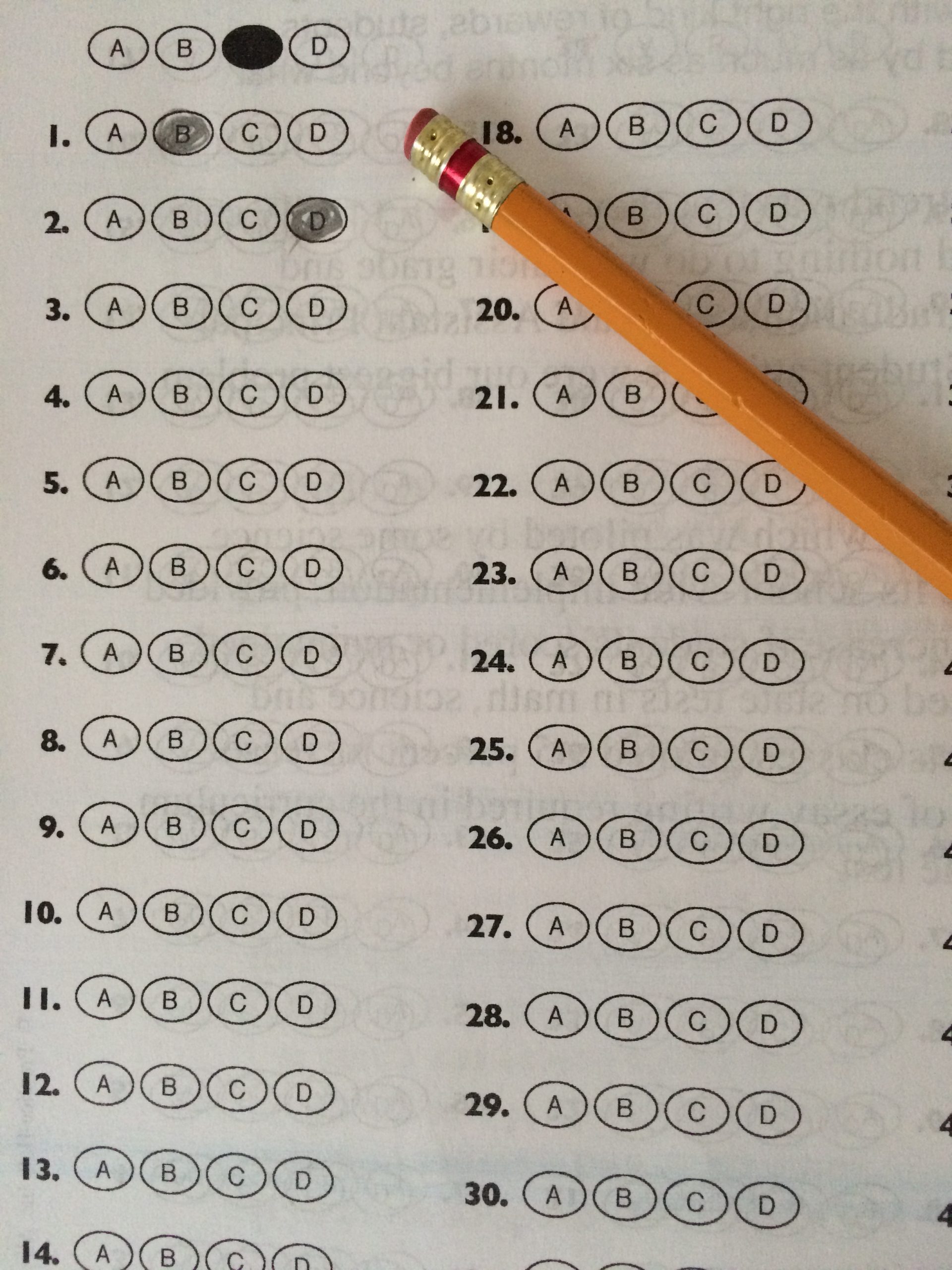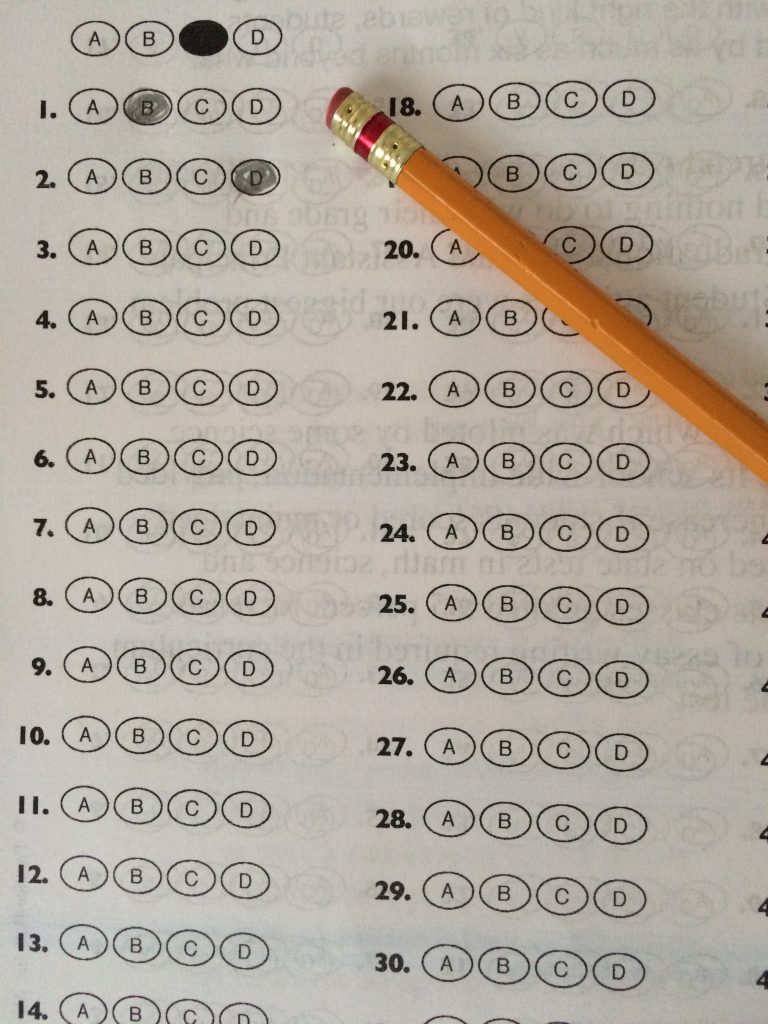Memorization is important when you need to know your address, phone number, your pin or password. It is not so important in school for facts or formulas. Just because students are memorizing ‘important facts’, it doesn’t mean they are learning concepts vital to the curricula.

Memorization
Memorizing or rote learning is the process of committing something to memory. It is static. And, it doesn’t always connect to a previously learned concept. It is much shallower than meaningful learning. In addition, there is no application for the knowledge. It can only be regurgitated back. It does not allow for deeper analysis of a concept. In today’s world, memorization is unnecessary. Our students have access to information on their iPhones and through the internet. To quote Albert Einstein, “Never memorize something that you can look up.”
On the other hand, meaningful learning is understanding. Students grasp information, skills, and ideas at a level where it connects to previous information. It allows for analyzing concepts and new ideas. It helps students to mentally grow.
Advantages and Disadvantages of Memorization
With the brain as a learning tool, it needs to feed information into the short-term memory. Therefore, memorization is useful. That is, useful until it is applied to another skill and placed into the long-term memory. If not applied, the memorized information gets discarded.
However, memorization is not totally bad. Young students must memorize the alphabet, sounds, sight words, numbers, and colors in order to complete math and to learn to read.
Meaningful Learning
Learning what is meaningful refers to conceptual understanding. A mastery of a concept by a student. That is, students know how to apply a concept and is able to relate it to previously stored facts. Through conceptual understanding, facts become stored in the brain in a logical manner. They are then ready for future use.

Meaningful or Rote
When parents or educators have students memorize, there must be a purpose. If there is not rationale for the memorization, then it simply becomes an activity with no reason. Many times, rote learning even turns into drill and kill for the purpose of test taking. We must have meaningful learning for students to be academically successful.




